Health
6 Ways To Improve Your Mental Health for a Happier Life

A person’s mental health is one of the most important parts of life but in this fast-paced world where there are more mental health struggles than usual, whether it’s stress, anxiety or burnout, these challenges don’t have to control you.
Here are 6 ways to improve your mental health, take control of your life and live a happier and more fulfilling life.
1. Practice Mindfulness and Stress Management

A lady practicing meditation
In a society where there is a constant obsession over the past or the future, you have to consciously be in the moment. Forget about the mistakes you’ve made in the past and don’t let the fear of the future control you.
Try:
1 Meditating 5-10 minutes each day to clear your mind and focus on the day.
2 When you feel overwhelmed, engage in deep breathing exercises. As you inhale, think of all the beautiful things in your life and as you exhale, let go of all that makes you worried
3 Be grateful! A lot of people worry so much because they don’t realise how much they actually have. Each day, write 3 things you are grateful for and stay focused on them.
2. Make Sure to Be Physically Active.

Practicing exercises enhances mental health
Don’t sit still in front of a computer or in a single spot for too long. Research has shown that exercise is not only for your physical health, it releases toxins and endorphins that boost your mood, improving mental wellness and making you happy..
So whether it’s a jog, a stroll, dancing, running, cycling or maybe yoga. Just make sure your body is physically active, don’t be still in a place for too long.
3. Build Strong Connections and Social Relationships

Community is a great asset!
A saying goes “No man can make an Island”
This shows you how important connections and relationships are to humans. Loneliness actually worsens mental health issues while having strong relationships can foster emotional support, happiness and stability.
So make sure to connect with people, whether it’s by joining a club or group that shares the same interests with you or spending quality time with your loved ones.
And make sure to not to keep silent when you are struggling, that’s why you have people, so you all help each other when one person is down.
4 Get Enough Sleep and Rest

Sleep directly influences your mental health
Your sleep and mental health are closely related and your amount of sleep has a direct impact on your mental health. A poor sleep routine causes you to feel more stressed and irritable.
To get better sleep:
1. Create and stick to a sleep routine even on weekends. If you decide to sleep by 9, make sure you’re in bed by 9 every single day to improve your quality of sleep.
2. Avoid looking at a screen like your TV and mobile phone at least 30 minutes before you sleep, this also improves the quality of sleep you get.
3. Create a relaxing bed-time environment and routine so it’s easier for you to sleep and the quality of your sleep is improved. It could be taking a warm bath, listening to soothing music, journaling or even reading before sleeping.
5 Eat the Right Food to Fuel Your Brain
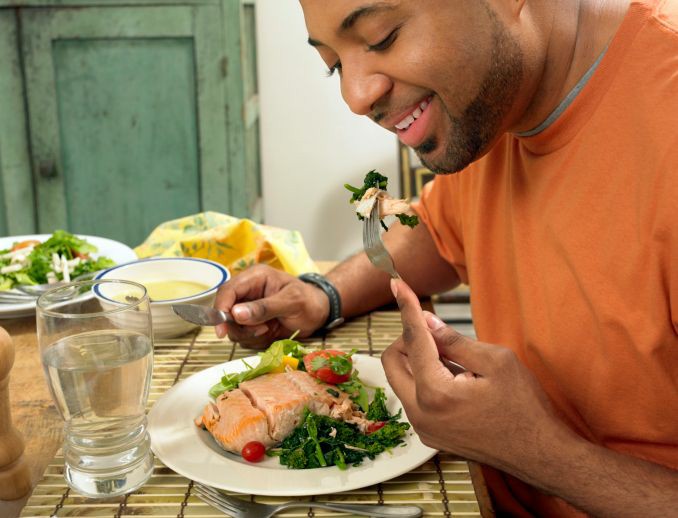
Food rich in Omega-3 aid mental health
What a lot of people don’t realise is that what you eat also affects the quality of sleep you are able to receive and this directly affects your mental health.
A diet rich in nutrients and vitamins will do you a lot of good than taking junk food and food with zero nutritional value.
For your mental health, prioritise :
1. Foods that are packed with Omega-3 as they are good for the brain. These include Titus fish, Sardines, Stockfish, Periwinkles, etc.
2. Nuts, leafy green vegetables and berries.
3. Dark chocolate to boost the serotonin level. This should however be taken in moderation.
6. Make Sure to Seek Professional Help when You Need to.

Seek professional help when needed
If you have done everything possible to improve your mental health but you are not noticing changes, then you definitely need to seek professional help.
Understand that it’s nothing shameful to seek help when you need it because sometimes, that’s all you need to overcome whatever challenges you’re facing.
When should you seek professional help?
1. When you persistently feel sad, anxious or hopeless no matter what you do to improve it.
2. When you struggle with daily tasks and in your relationships.
3. When you begin to develop unhealthy mechanisms to cope like alcoholism, overeating or withdrawal.
Remember that your mental health is important. It is an important part of your life and it needs to be taken care of as well.
So with the tips below, I hope there are improvements in your mental health because everyone including you deserves to live a happier, more fulfilling life.
ALSO SEE : HOW IMPORTANT IS EMOTIONAL INTELLIGENCE IN RELATIONSHIPS?
Health
Best Foods for Gut Health

You watch what you eat, cutting back on sugary drinks and making healthier choices. But sometimes, your digestion still feels off—bloated after meals or sluggish throughout the day. It can be frustrating, especially when you’re doing your best. The truth is, it’s not just about eating less or more. What really matters is choosing foods that help your digestion work properly and support the good bacteria living in your gut.
Why Your Gut Matters

Your gut is where your body breaks down food and absorbs nutrients. It also hosts millions of bacteria that play a big role in keeping you healthy. When this balance is upset—whether by stress, medications, or processed foods—you might notice constipation, low energy, or mood changes. The good news is you can help restore balance by adjusting your diet.
Fermented Foods Help Good Bacteria
Fermented foods contain live bacteria that support your digestive system. Natural yogurt or kefir are great options. Eating these regularly can improve digestion and make your gut bacteria stronger.
Fibre Keeps Things Moving

Fibre is important for smooth digestion. It feeds the good bacteria and helps prevent constipation. Eating plenty of fruits, vegetables, whole grains, and beans will keep your digestion running smoothly.
Prebiotics Feed Your Gut Bacteria
Some foods contain fibres that your body can’t digest but that feed the good bacteria in your gut. Garlic, onions, bananas, and asparagus are good examples. Adding these to your meals helps your gut bacteria thrive.
Stay Hydrated
Water plays a key role in digestion. Staying hydrated helps your digestive system work properly. Unsweetened herbal teas can also be helpful. Try to avoid sugary drinks and sodas, which can upset your digestion.
Limit Foods That Cause Problems

Certain foods can disrupt your gut’s balance. Processed snacks, fried foods, sugary treats, and too much alcohol can make digestion harder. Enjoy these occasionally, but focus on whole, nutritious foods.
Pay Attention to How You Feel
If you often feel bloated or uncomfortable after eating, it might be time to look at what’s on your plate. You don’t need expensive supplements or special cleanses. Simple changes like adding probiotic foods, eating more fibre, and drinking plenty of water can make a big difference.
Start with these small steps. Your digestion—and your overall wellbeing—will thank you.
Health
Foods That Keep Your Kidney Healthy
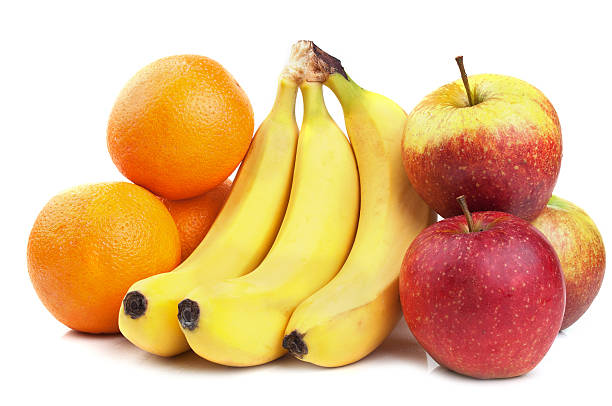
Most of us don’t think much about our kidneys until a doctor brings them up. But these two quiet workers do far more than we give them credit for—filtering blood, balancing fluids, and clearing out waste day after day. They’re not flashy, but they’re essential. And while you can’t control everything, what you eat plays a bigger role than you might think.
Kidney health doesn’t depend on expensive supplements or trendy diets. It’s about steady, everyday choices. Many foods that support healthy kidneys are already part of your kitchen routine. The key is knowing what helps—and how much.
Fruits that help with hydration
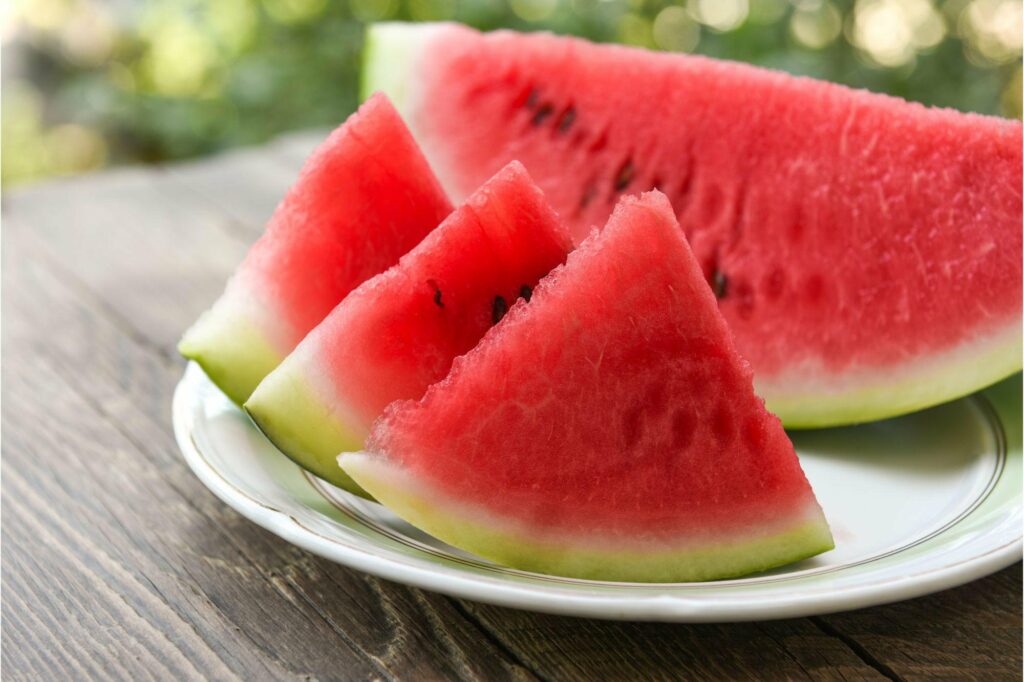
Fruits like watermelon, apples, and oranges do more than satisfy cravings for something sweet. They also keep you hydrated, which makes it easier for your kidneys to do their job. Apples are especially helpful—they’re high in fiber, low in sodium, and generally safe for most people.
Greens are good—with a few notes
Dark leafy vegetables like spinach, kale, or fluted pumpkin leaves (ugwu) are full of vitamins, but they also contain potassium. That’s something to be mindful of, especially if your kidney function is already compromised. You don’t have to cut them out—just keep portions moderate. A serving of cooked greens a few times a week can give you the benefits without overdoing it.
Sweet potatoes: simple and useful

Sweet potatoes are more than comfort food. They offer fiber and important nutrients that help regulate fluid balance and support your kidneys. That said, they’re also high in potassium, so portion size matters—especially if your doctor has raised concerns. For most people, they’re a great, affordable choice. You can bake them, boil them, or add them to soups.
Not all fish are equal—these ones help
Fatty fish like sardines, salmon, and mackerel are rich in omega-3 fatty acids, which help inflammation. Chronic inflammation can strain the kidneys over time, so including fish like these in your meals once or twice a week is a smart move. Grill them, add them to sauces, or cook them lightly with vegetables for a simple, balanced dish.
Garlic and onions: staples with real value
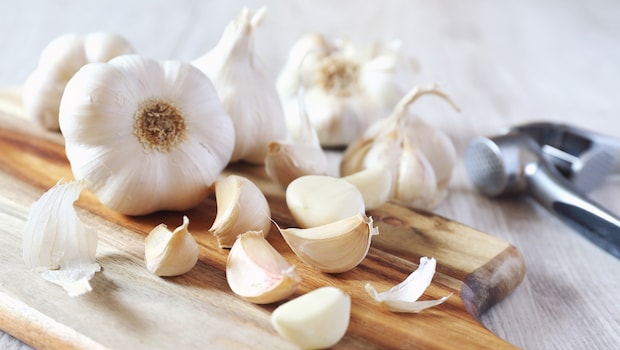 They might not steal the spotlight, but garlic and onions can quietly support your health. They help lower blood pressure and cholesterol, both of which are closely tied to kidney function. Low in sodium and potassium, they’re easy to include in almost any dish. Use them as the base for soups, sauces, or stir-fries. They’re one of those ingredients that bring more value the more often you use them.
They might not steal the spotlight, but garlic and onions can quietly support your health. They help lower blood pressure and cholesterol, both of which are closely tied to kidney function. Low in sodium and potassium, they’re easy to include in almost any dish. Use them as the base for soups, sauces, or stir-fries. They’re one of those ingredients that bring more value the more often you use them.
Berries, when you can get them
Blueberries, strawberries, and blackberries are packed with antioxidants that help protect your cells—including those in the kidneys. They’re low in sugar and phosphorus, making them a smart option for people who need to be cautious. Fresh or frozen, berries work well in oatmeal, yogurt, or as a snack on their own.
Whole grains in balanced portions
Whole grains like millet, brown rice, and oats are usually better than processed grains, but even healthy carbs should be eaten in reasonable portions—especially if you’re dealing with kidney issues. The idea isn’t to avoid them, but to balance them. Combine grains with vegetables or beans for meals that feel filling but still gentle on your system.
Before you make any changes
There’s no shortage of advice about what to eat and what to avoid. But if you’re dealing with kidney concerns—or just want to take better care of them—it’s best to speak with your doctor or a dietitian. Everyone’s needs are different. Still, choosing foods that support your kidneys instead of straining them is always a good start.
Your kidneys don’t need grand gestures—just small, consistent choices. And that kind of care often starts in the kitchen.
Health
The Hidden Health Risk of Energy Drinks
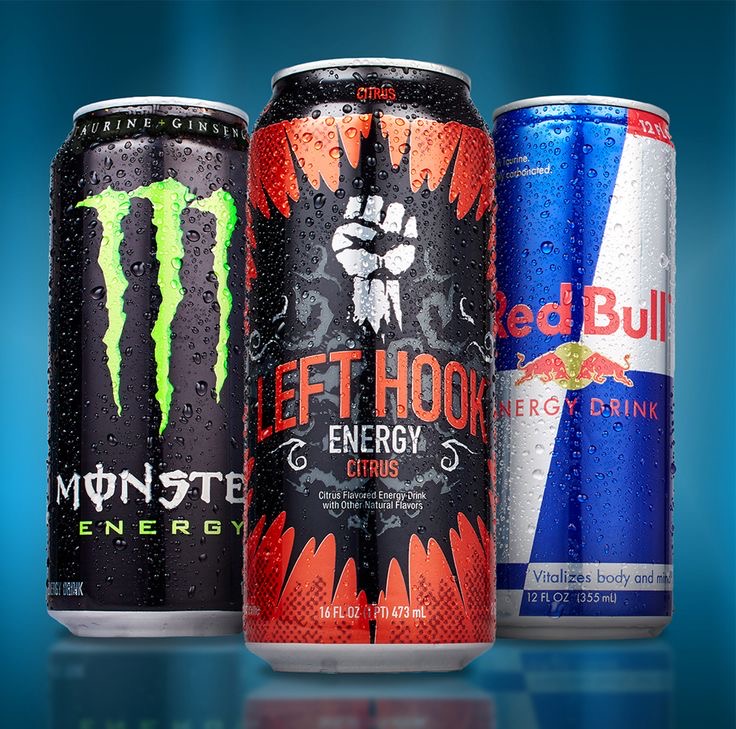
Energy drinks are now the new soft drink, aside from the facts that it’s used to help you stay awake through a study night session, active for your daily activities, gives instant energy. Some people now consume it because of how it makes them feel or the sweetness like it’s a regular beverage not knowing the dangers that comes with consuming it often.
What is Really Inside That Can?
Energy drinks are often packed with caffeine — and not just a regular amount, a single can contains more caffeine than two cups of coffee. It’s also mixed with sugar, guarana, taurine, and other “boosting” ingredients. The mix might make you feel energized for a while, but what comes after isn’t always so fun.
The Health Side Effects
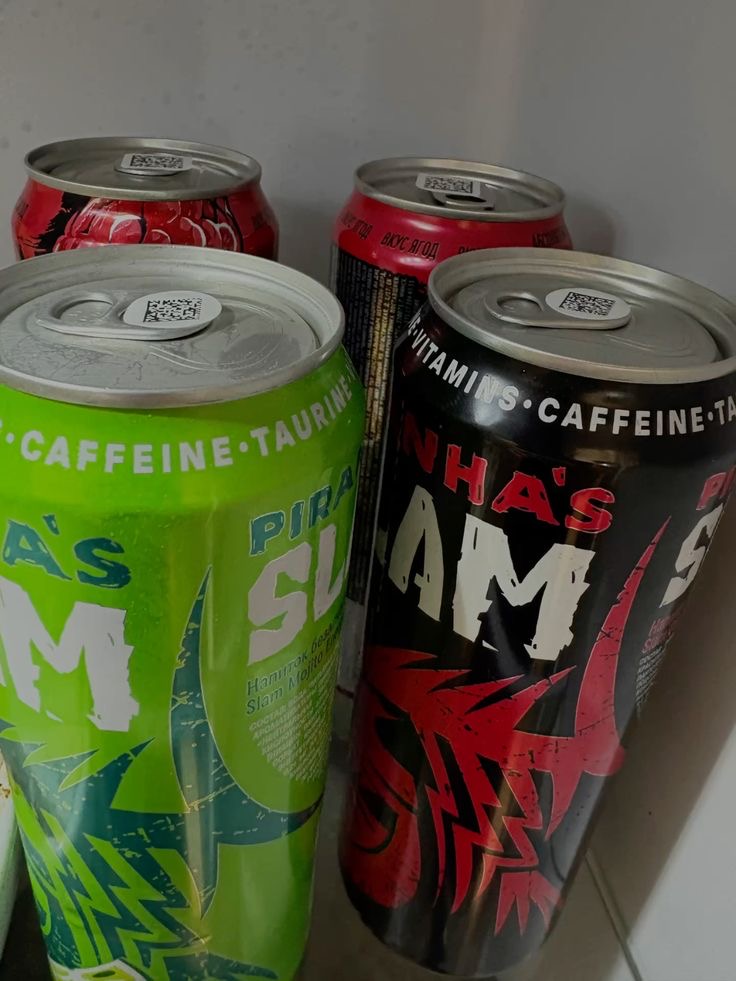
They can increase your heart rate and blood pressure, leading to heart related complications especially if you drink them often. Some people even report feeling jittery, anxious, or dizzy after just one can. Worst part is that it not only affects your heart, your kidneys are also at risk. The high amount of sodium and caffeine can lead to formation of kidney stones.
It can also disrupt your sleep pattern. You might think you’re just staying awake for now, but those drinks can cause insomnia, making it harder to fall asleep later — and that leads to more fatigue in the long run.
Also, the amount of sugar. Many energy drinks are loaded with it. Too much sugar increases the risk of Type 2 diabetes, weight gain, insulin resistance, and breakouts — not to talk of that mid-day crash when the sugar high fades.
Who is at higher risk?
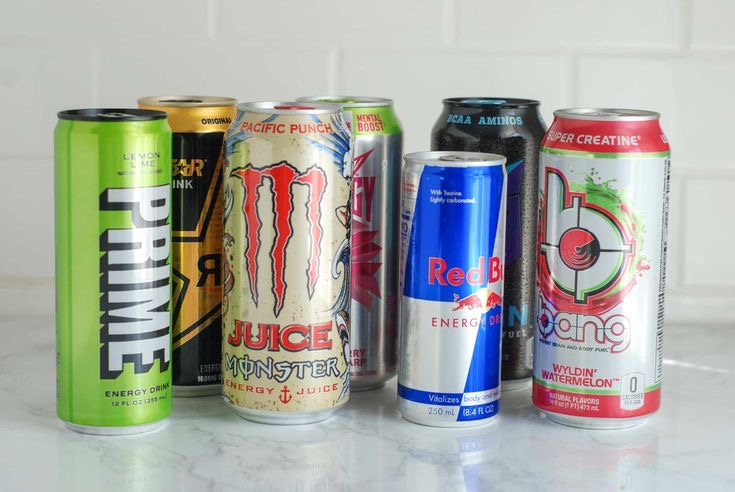
If you have high blood pressure, heart related problems, anxiety, or trouble sleeping, energy drinks are definitely not your friend. Teens, especially students who often make use of energy drinks to keep them awake for studying and young adults, are more at risk because their bodies respond faster to stimulants — and that can be dangerous if taken in large amounts or mixed with alcohol.
Are There Safer Alternatives?
There are a few habits that can help you stay alert and active throughout the day;
• Drink more water. Dehydration is often mistaken for tiredness.
• Snack on fruits like bananas or apples. Natural sugars provide good energy.
• Get quality sleep
• Try smoothies with oats, nuts, or dates.
• Engage in daily exercise
• Stay away from junks and incorporate veggies into your diet. The body needs a healthy diet to function well
Final Thoughts
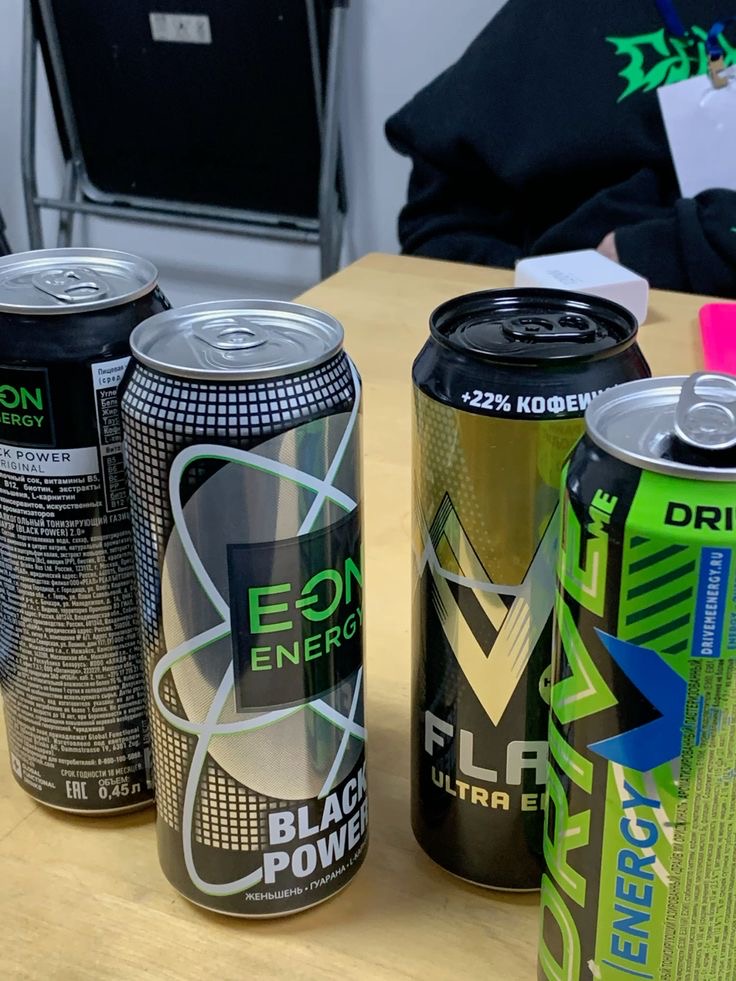
Energy drinks might seem like a quick fix, but over time, the risks often outweigh the benefits. Think about the aftermath of your decision, it’s not worth that little extra energy you get from it. Your body doesn’t need a temporary surge of energy — it needs real fuel. So next time you feel drained, pause and think: “What does my body actually need?” You might just be tired, dehydrated, or in need of rest — not another can of buzz.
So, are you team energy drink? Let us know your take below.
-

 Celebrity News1 week ago
Celebrity News1 week agoSophia Egbueje, Often imitated never duplicated!
-

 Fragrance2 months ago
Fragrance2 months agoMaster the Art of Perfume Layering for a Signature Scent
-

 Celebrity News2 months ago
Celebrity News2 months agoFrom Nollywood to the Navy: Grace Bassey, Former Nollywood Actress,Joins the U.S Navy.
-

 Movies2 months ago
Movies2 months agoThe 5 Best New Nollywood Movies to See on Netflix
-

 Beauty2 months ago
Beauty2 months agoUnapologetically Red: Nancy Isime’s Unwavering Commitment to her Favorite Lipsticks Shades
-

 Sex & Relashionships1 month ago
Sex & Relashionships1 month ago10 Signs You Are The Less Affectionate Partner
-

 Deco1 month ago
Deco1 month agoWall Deco Inspiration – How to Create a Gallery Wall
-

 Accessories1 month ago
Accessories1 month agoWhy Labubu Dolls Are Nigeria’s Newest Fashion Craze
-

 Food1 month ago
Food1 month agoFood for Thought: The Psychology of Eating
-

 Bags1 month ago
Bags1 month agoInside Kiki Osinbajo’s Stunning Designer Bag Collection
























